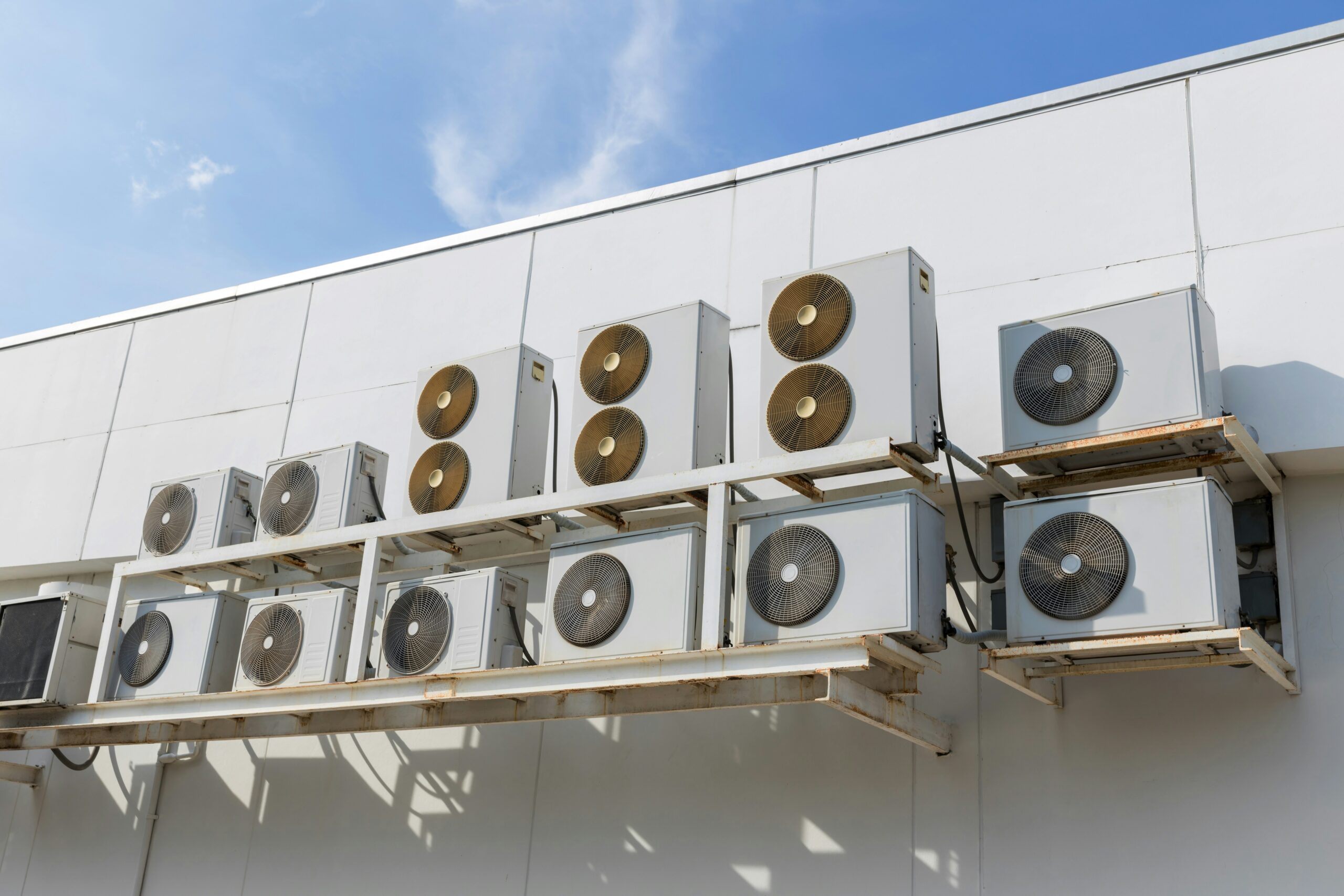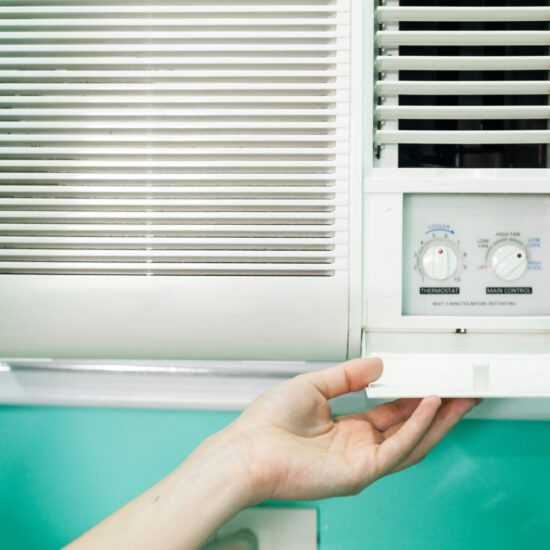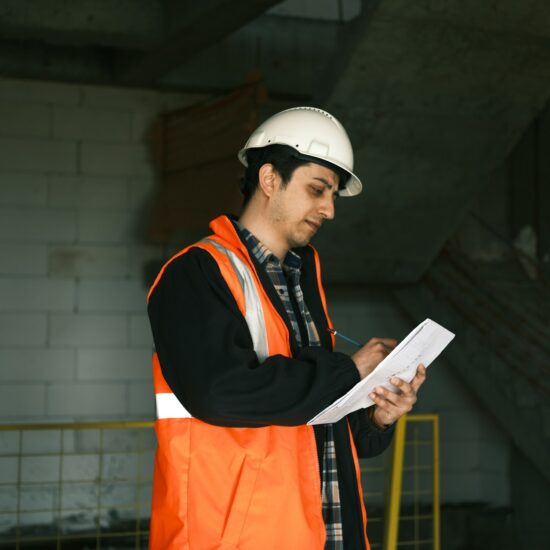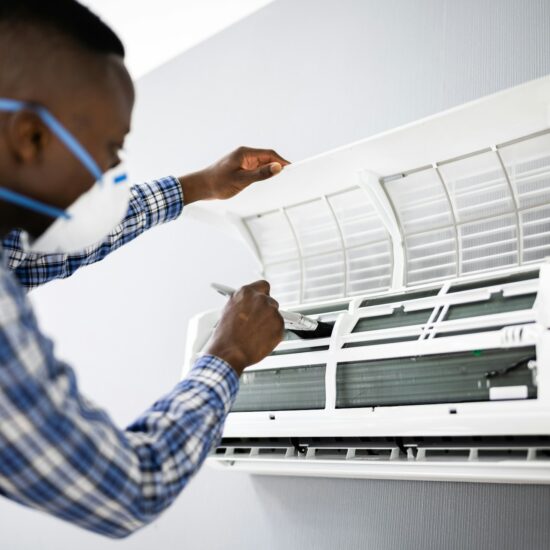Deciding to invest in a new HVAC system for your commercial property can significantly impact your operational efficiency, comfort, and ultimately, your bottom line. Understanding your financing options is critical as the upfront costs can be considerable. Commercial HVAC financing presents a solution to this challenge, allowing you to spread the cost over a period that suits your business's financial circumstances.
With flexible financing options, you don't have to delay necessary upgrades or emergency replacements due to budget constraints. Financing solutions, available up to $500,000, can cater to a range of needs from small businesses to large enterprises.
Moreover, by choosing the right commercial HVAC financing, you can afford a more efficient system that may lead to cost savings on energy bills over time. This makes it essential to explore financial products tailored to HVAC investments, beyond traditional loans, and to seek providers that specialize in this industry. By doing so, you ensure that the investment aligns not just with your operational needs but also with your financial strategy, providing long-term benefits for your commercial property.
Understanding HVAC Financing
Deciding to finance an HVAC system for your commercial property can lead to significant operational savings and improved comfort for occupants. Let's clarify how HVAC financing works and why it can be advantageous for your business.Basics of HVAC Financing
HVAC financing for commercial properties is a method that allows you to spread the cost of a new heating, ventilation, and air conditioning system over time. Options may include personal loans, home equity loans, HVAC-specific financing through a local dealer, or HELOC (Home Equity Line of Credit). You can typically negotiate the terms, such as repayment period and interest rates, to favor your company's financial strategy. Pros of HVAC Financing:- Manageable payments: Instead of a hefty upfront cost, you pay over time.
- Preserve capital: Keep your business capital to use for other investments.
- Interest accrues: You pay more over the long term.
- Credit dependent: Your available terms often depend on your business's credit rating.
Benefits of Financing for Commercial Properties
Financing an HVAC system can be especially beneficial in a commercial context.- Energy Efficiency: Investing in a high-efficiency system can lead to lower monthly energy bills, as commercial HVAC systems are major energy consumers. Financing enables access to these more cost-effective systems without a large initial investment.
- Tax Deductions: Certain financing options for HVAC systems may offer tax advantages. Purchases can sometimes be 100 percent tax-deductible, potentially reducing your yearly tax burden.
Options for HVAC Financing
When managing the costs associated with HVAC systems for commercial properties, you have several financing options to consider, each with its own benefits and considerations.Leasing vs. Purchasing
When you lease an HVAC system, you may have lower upfront costs and the advantage of regular maintenance included in your agreement. In contrast, purchasing an HVAC system outright often means higher initial expenditure, but you benefit from owning the asset and potential tax deductions over time.Loans and Credit Lines
Loans can provide you with a lump sum of money with fixed payments over a designated period, suitable for buying an HVAC system outright. Credit lines, on the other hand, offer flexibility, allowing you to draw funds as needed up to a certain limit, which can be ideal for ongoing or unexpected HVAC expenses.Government and Utility Incentives
You may be eligible for federal, state, or local government incentives aimed at increasing energy efficiency. Utility companies, too, sometimes offer rebates or incentives for installing energy-efficient HVAC systems. These incentives can significantly reduce your overall investment cost.Alternative Financing Options
Other options include PACE financing (Property Assessed Clean Energy), which allows you to repay the costs of energy improvements through an assessment on your property tax bill. HVAC-specific financing programs offered by companies may also be worth exploring, as they can provide competitive rates and terms tailored to your business needs.Evaluating HVAC System Needs
Before upgrading or installing a new HVAC system for your commercial property, a thorough evaluation of your current system and energy efficiency needs is essential.Assessment of Current Systems
Determine the Age: Start by checking the age of your existing HVAC components. Systems typically last 15 to 20 years; if yours is in this range or older, it may be time to consider replacement. Inspect for Performance Issues: Look for signs of inconsistent temperatures, unusual sounds, or frequent repairs. These could indicate that your system is failing and might not meet your building's requirements effectively.Energy Efficiency Considerations
Review Utility Bills: Analyze recent utility bills to understand your building's energy usage patterns. An increase in energy consumption can often be traced back to HVAC inefficiency. Explore High-Efficiency Options: Consider investing in an energy-efficient HVAC system which, although may cost more upfront, can drastically reduce monthly energy expenses. Commercial HVAC systems account for a large portion of energy use, and an upgrade can lead to significant savings.Financial Analysis and Planning
A thorough financial analysis and planning process is essential to maximize your investment in an HVAC system for commercial properties. It involves understanding the costs and benefits, creating precise budgets, and forecasting financial performance to ensure the longevity and profitability of your investment.Cost-Benefit Analysis
When considering an HVAC system, you need to conduct a Cost-Benefit Analysis to scrutinize both the direct and indirect costs against the long-term benefits. Direct costs include the purchase price and installation expenses, while indirect costs encompass energy consumption and potential maintenance. On the benefit side, compare reductions in monthly energy bills and potential increases in property value. For example, investing in an energy-efficient HVAC system might have a higher upfront cost, but the long-term savings could be substantial, offsetting the initial investment.Budget Planning and Forecasting
Budget Planning and Forecasting are crucial to manage your financial resources efficiently. You should create a detailed budget that includes the total cost of ownership and allocates funds for future maintenance and repairs. Forecasting, on the other hand, involves anticipating future energy costs and savings. It gives you a clearer picture of your financial position over the life span of the HVAC system. Implementing financial planning and analysis helps HVAC enterprises in strategic decision-making and in creating an accurate financial forecast for your investment.ROI Calculation for HVAC Investment
The ROI (Return on Investment) Calculation for HVAC Investment is vital to determine the financial viability and the time it will take to recoup your investments. To calculate ROI, subtract the initial cost of the HVAC system from the net benefits (annual energy savings and increased property value), then divide by the initial cost. Express this as a percentage. This metric helps to compare different HVAC options and make an informed choice aligned with your long-term financial goals. Understanding the importance of financial analysis for HVAC investments guides you in assessing profitability and strategic investment decisions.Navigating the Financing Process
When securing HVAC financing for your commercial property, the key is to understand the steps involved, from application to agreement. You'll need a keen eye for detail and a clear understanding of your financial landscape.Application and Approval
Begin by applying for commercial HVAC financing. You’ll need to provide accurate business information such as your credit score, financial history, and proof of income. Approval times can vary, but some lenders offer decisions within minutes. Ensure all your documents are in order to streamline this process.Negotiating Terms and Rates
Once approved, it's crucial to negotiate terms that fit your budget. Interest rates are a significant factor in your decision. Compare offers from multiple lenders, looking beyond just the rates to consider terms of repayment and any additional fees. A lower rate could be offset by a shorter term, which would require higher monthly payments.Understanding the Fine Print
Before finalizing any financing agreement, read and understand the terms thoroughly. Pay special attention to clauses about early repayment penalties or late payment fees. If there's something you don't understand, don’t hesitate to ask for clarification. It's vital to know exactly what you are agreeing to, to avoid surprises down the line. Using this structured approach, you'll be well-equipped to navigate your HVAC financing options.Tax Implications and Benefits
When financing HVAC systems for commercial properties, understanding the tax implications and benefits can significantly affect your bottom line. These can range from deductions that decrease your taxable income to tax credits directly reducing your tax bill.Depreciation and Deductions
Depreciation allows you to spread the cost of your HVAC system over its useful life. The Modified Accelerated Cost Recovery System (MACRS) is generally used to determine depreciation for tax purposes. It enables you to recover the cost through annual deductions. It's essential to note the specifics of how depreciation affects your HVAC investment and what portion of the cost is deductible each year. Keep precise records, as you'll need them for calculating and justifying your depreciation deductions. With an operating lease, you can typically deduct lease payments as an operating lease tax benefit, as they are considered a business expense. On the other hand, a capital lease might qualify for the Section 179 deduction, allowing you to deduct the full purchase price of qualifying equipment in the year of purchase.Tax Credits for Energy Efficiency
For your HVAC system, there are potential tax credits specifically tied to energy efficiency. These credits can provide a dollar-for-dollar reduction in your tax liability if your HVAC system meets certain energy standards. For instance, the Energy-Efficiency Upgrades in Commercial Buildings offers a deduction for installing energy-efficient systems that satisfy ASHRAE Standard 90.1-2001. To capitalize on these credits, ensure your HVAC system installation is completed according to the requirements of the relevant tax incentive programs. Staying informed about specific government-enacted tax credits and how to qualify is crucial for maximizing the benefits from your investment in HVAC for your commercial property.Maintenance and Aftercare
Investing in the right maintenance and aftercare for your commercial HVAC system can yield significant long-term benefits, from reducing emergency repair costs to extending the lifespan of your equipment.Service Contracts and Warranties
Service Contracts help ensure that your HVAC system operates efficiently year-round. They typically include routine inspections, cleaning, and necessary repairs. Most importantly, they provide peace of mind by mitigating sudden breakdowns which can lead to operational disruptions. It's essential to purchase a service contract from a trusted provider, ensuring you have access to skilled technicians who can keep your system running optimally. Warranties are equally critical. They protect your investment by covering the cost of replacement parts or even entire units when defects or malfunctions occur during the warranty period. Always review the specifics of your warranty, as coverage can vary widely.Long-Term Cost Savings
Investing in regular maintenance does more than keep your HVAC system running; it:- Reduces Energy Bills: Well-maintained systems use energy more efficiently.
- Decreases Repair Costs: Catching issues early can prevent expensive repairs.
- Lengthens Equipment Lifespan: Systems that receive regular check-ups have a longer life expectancy.




